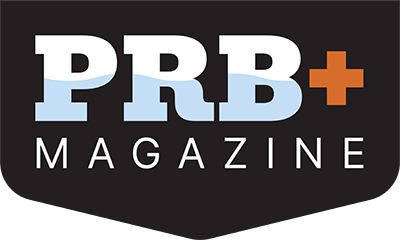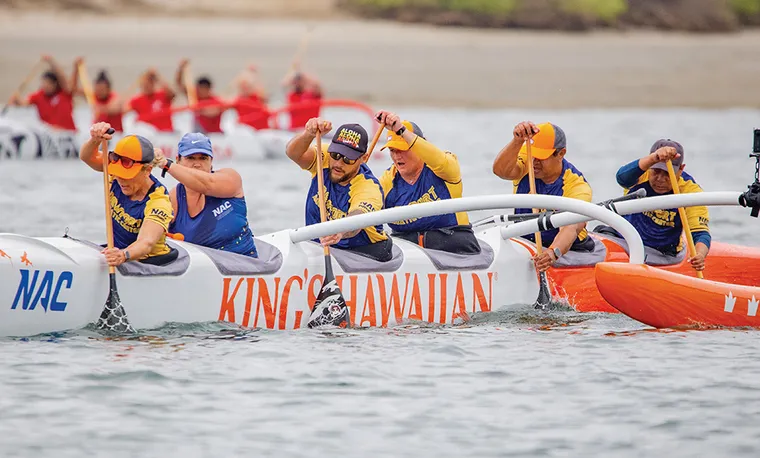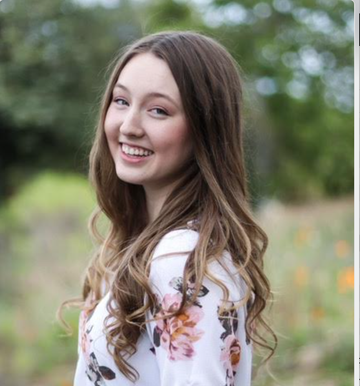How Makapo Aquatics centers inclusivity in watersports
“We just wanted people of all abilities to be able to get on the water together,” says RJ De Rama, Executive Director and co-founder of Makapo Aquatics Project. That simple idea sparked the beginning of the organization, which is dedicated to making outrigger paddling accessible to every individual. Founded in 2007 by two blind paddlers, Makapo began by creating opportunities for blind and low-vision athletes. Since then, the organization has grown to include individuals with a range of physical, intellectual, and developmental disabilities, including cerebral palsy, Down syndrome, paralysis, and amputations, among others.
Starting out is never easy, especially when leaders have no experience running a nonprofit. “All we wanted to do was paddle and have fun,” says De Rama, reflecting on the organization’s early days. Working alongside John Chavez, the two did not know much beyond being paddlers themselves. What they did have was passion—and, more importantly, the drive to serve a purpose. A great idea stays just that until someone acts on it. For De Rama and Chavez, the early, uncertain steps laid the foundation for a program built on inclusivity and perseverance.
A Unique Mission
Outrigger paddling is a unique sport, no doubt. Is it even for blind athletes? Even more so. This uniqueness made Makapo one-of-a-kind, but it also posed challenges. Gaining participants for a new program was step one. De Rama and Chavez initially relied on their personal networks, but soon realized they needed a more structured approach. “Eventually, we had to become more organized in our outreach,” says De Rama. This meant strategically connecting with individuals and organizations that shared a similar vision and could support their new and growing program.
As the program began to grow, Makapo wanted to test the limits. “We started with blind athletes, but it was clear the benefits of paddling could serve a much wider audience,” says De Rama. The idea of adapting the sport to serve more disabilities was exciting but daunting. There were regulations to follow, safety concerns to address, and the fear that people might not be interested. Yet, Makapo faced the challenge head-on.
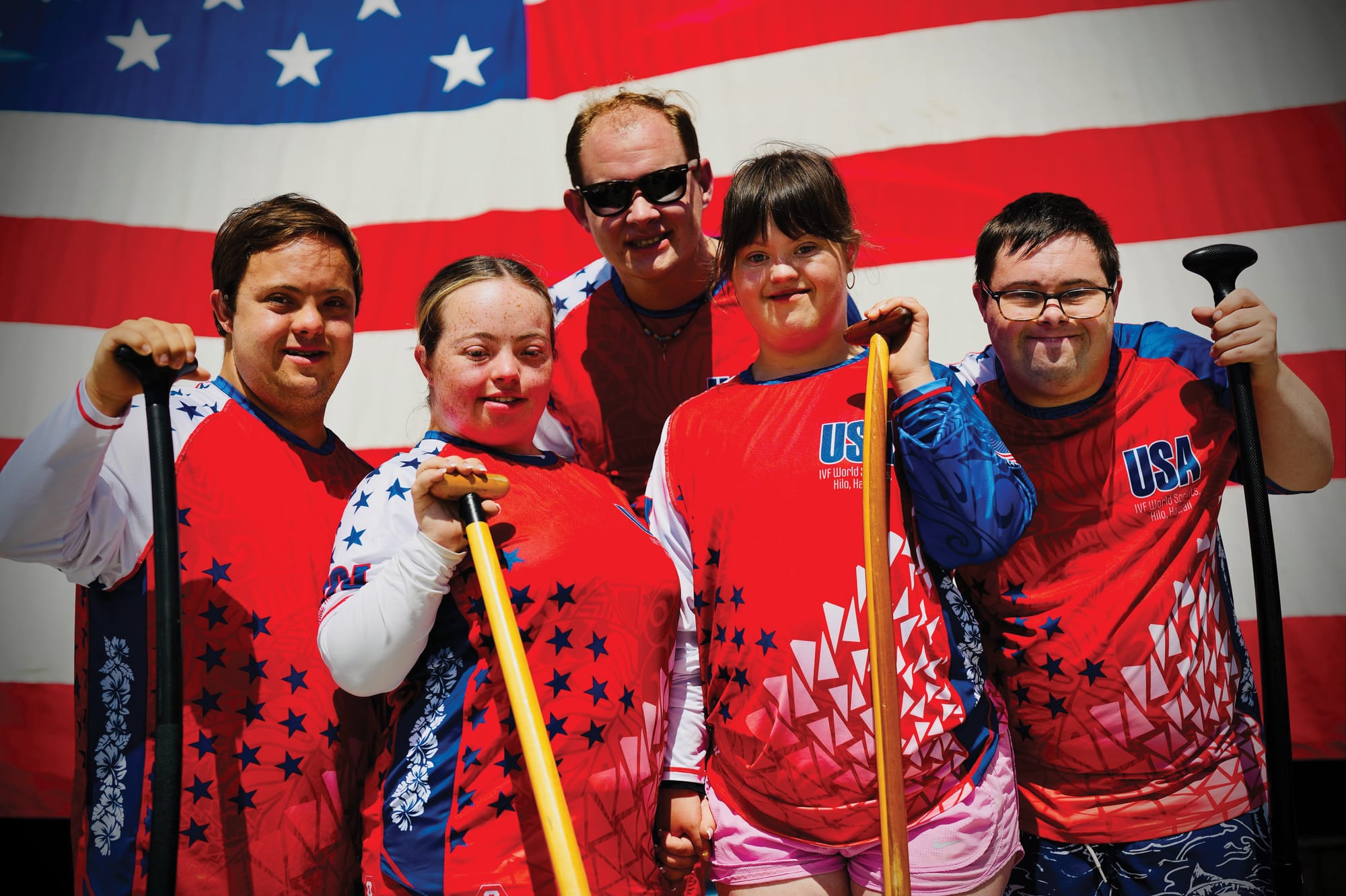
Because De Rama and Chavez were able to market to a larger group, the risk paid off. Makapo began to expand at a rate its leaders had not seen before. With increased funding and participation, the duo was able to broaden the organization’s programs beyond competitive teams. Next came Ohana Days, an outreach initiative designed to introduce outrigger paddling to a wider audience. Families could experience the joy of being on the water together, while corporations could use it as a team-building activity. Participants must rely on each other while paddling, creating a truly immersive bonding experience.
By becoming inclusive of more disabilities, Makapo embraced its purpose of welcoming everyone as part of its “Ohana” (a Hawaiian term for family or familial bonds). This shift allowed the organization to “create stronger teams, broaden our reach to other communities, and develop programs with much more diversity,” says Rob Octavio, Athletic Director and Head Coach of Adult Racing Programs. Diversity is essential for growth, as each new participant comes with “unique challenges,” Octavio adds. These challenges provide opportunities for innovation, collaboration, and a deeper understanding of how to better serve one another.
Innovation Spurs Inclusivity
Makapo’s programs are not one-size-fits-all. They emphasize the importance of meeting athletes where they are and tailoring experiences to their unique abilities. From designing therapy-based paddling sessions to creating innovative equipment, Makapo ensures every participant feels supported and empowered.
This commitment to personalized programming is currently led by Dr. Rachelle Murphy, Makapo’s Director of Therapeutic Paddling. Murphy first connected with Makapo in 2017 when her occupational-therapy assistant students volunteered with the organization. She quickly recognized its transformative potential. “I loved Makapo’s mission, community, and vision,” she says. Inspired by its work, Murphy became more involved, eventually stepping into her current role.
Programs are tailored with input from healthcare professionals, coaches, and participants. This collaborative approach ensures that each paddler’s needs are met. “There is a lot of planning that goes into creating our programs to ensure we are accounting for things like safety, accessibility, community, and inclusiveness,” Murphy says. “It is not just about paddling—it is about connection, growth, and helping every athlete discover their potential.” People who once believed they would never step into a boat or join a sport are now becoming athletes with the potential to compete on a global stage. That is the power of inclusion.
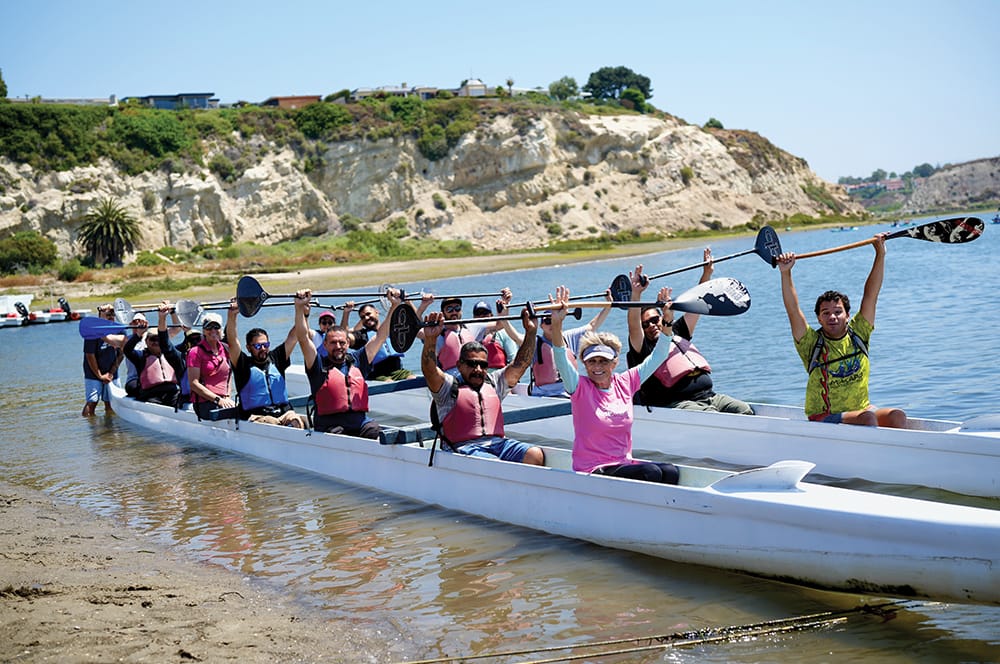
Makapo’s commitment to inclusion extends beyond programming—it drives technological innovation. Led by Dr. Mark Baldwin, Director of Research, Makapo has developed groundbreaking tools like CoOP (Cooperative Outrigger Steering System). The CoOP system allows blind athletes to paddle a one-person canoe on equal terms with sighted paddlers, a feat considered impossible before this invention.
Baldwin worked directly with paddlers during its design process, testing it in real-world conditions and incorporating their feedback. “It is not just about inventing something and handing it off. We spend time out in the ocean with the people who will use it, iterating and refining the design based on their feedback,” he says. This collaborative process ensures that the technology meets the needs of those it is designed to serve.
CoOP is a game-changer for outrigger paddling, providing greater independence for adaptive athletes and pushing the boundaries as to what is possible in adaptive sports. “The most rewarding part is seeing these ideas come to life and witnessing the impact they have on our paddling community,” Baldwin says. Innovation does not just change the sport; it changes lives.
Growing Impact
Today, Makapo’s programs serve over 400 people with disabilities annually alongside their families. What began as a small group of blind paddlers determined to make their sport accessible has grown into a diverse community offering recreational, therapeutic, and competitive programs. With plans to develop more innovative equipment and expand outreach, Makapo is poised to make an even greater impact in the years ahead.
This success would not be possible without the support of the community and partnerships. Local businesses and corporate sponsors ensure Makapo’s programs remain accessible and affordable, while dedicated volunteers and community members help keep the programs welcoming and inclusive. “Our volunteers are the backbone of our community, from setting up events to paddling alongside participants,” says Murphy. It is this collective effort that makes Makapo’s Ohana so strong.
Makapo’s journey offers valuable lessons for other organizations looking to create inclusive programs. “Immerse yourself in the community. Truly get to know your audience and their challenges,” Murphy says. “Inclusion is not just an ideal; it is a necessity for building a community that thrives.” Designing programs around participants’ needs ensures they are meaningful and effective, while strong partnerships help keep them accessible. “Partnerships have been critical to our growth—having people believe in your mission and support your efforts makes all the difference,” says Octavio.
Makapo’s story is a testament to the power of inclusion, innovation, and community. To learn more about the program, visit makapo.org or email info@makapo.org for inquiries.
